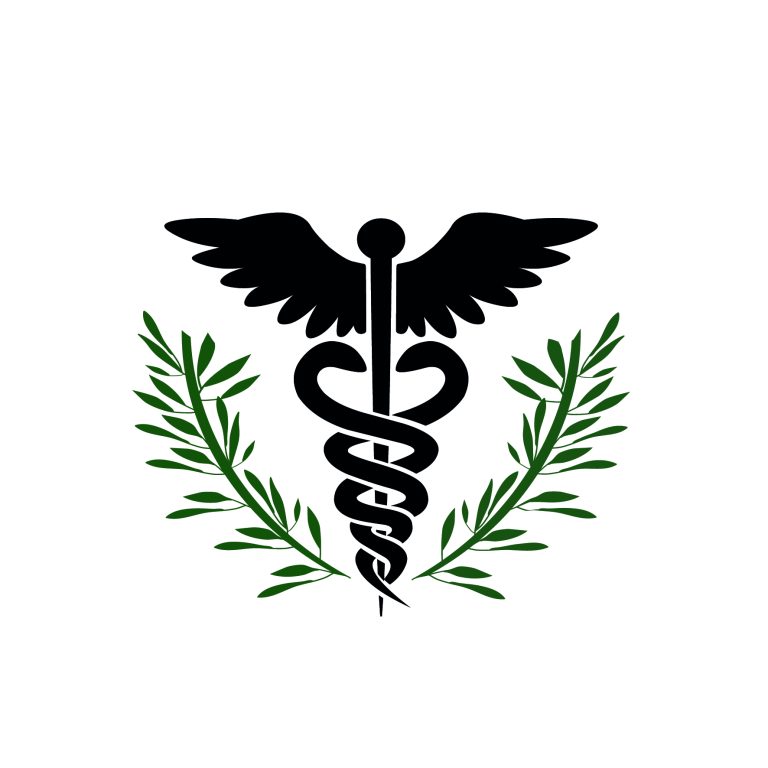By Russell B. Lemle, PhD, Senior Policy Analyst
Last week, ProPublica, published an article purporting to expose “How the VA Fails Veterans on Mental Health.” In fact, the story ignored crucial context, omitted larger realities, and used isolated anecdotes to unfairly assail the Department of Veterans Affairs (VA).
Without a full and accurate picture, the story is apt to cause harm. Trust in the VA will be damaged. Veterans reading or hearing about this piece may be more reticent to seek VA mental health care. VA’s dedicated mental health providers will likely feel undermined and demoralized.
Scientific research demonstrates that VA’s mental healthcare is far and away the best in the nation. An exhaustive 2018 review by the prestigious National Academies verified:
After reviewing extensive evidence, the committee concludes that the VA provides mental health care that is generally of comparable or superior quality to mental health care that is provided in the private and non-VA public sectors
A RAND Corporation study comparing VA and community therapists who treat PTSD and major depressive disorder similarly reported that:
a psychotherapist selected from the community is unlikely to have the skills necessary to deliver high-quality mental health care to service members or veterans with these conditions.
In study after study, mental health care in the VA has been found to be as good or better than in the private sector, and its providers more comprehensively trained. ProPublica elected not to cite these studies or quote national experts who can affirm the VA’s superiority. As a result, the story paints a much different – and distorted – picture.
ProPublica came to its conclusions “from a review of all the reports published by the VA’s Office of Inspector General (OIG) since 2020. That includes 162 regular surveys of facilities and 151 investigations that were triggered by a complaint or call to the office.”
Their takeaway from these reports is a widespread culture of mental health maltreatment. In truth, however, the surveys are part of the VA’s unparalleled transparency and openness to independent oversight. Every three years, the OIG thoroughly reinspects each VA healthcare facility and documents instances when official protocols are imperfectly implemented. This process vastly improves the VA, ensuring adherence to procedures and creating a pathway to avoid repeating mistakes.
It’s a praiseworthy – not blameworthy – effort. This level of internal scrutiny is much more rigorous than in the private sector, and is a large reason why VA has lower mortality rates than the private sector, and an equal to superior quality of care. A nationwide Medicare survey last year found veterans rated VA hospitals higher than private health care facilities in all 10 categories of patient satisfaction. You’d never know that from this ProPublica work, however, which omits these crucial details.
Instead, the story reports that, “issues with mental health care surfaced in half of the routine inspections” they reviewed. But what “issues” exactly, and how extensive? In the last year, the VA provided mental health services to about two million veterans. ProPublica never revealed the estimated percentage of those two million veterans whose mental health care had serious failures. That missing statistic would potentially identify whether or not broad-spectrum problems exist. Nevertheless, the reporters claimed that mental health issues “appear to be systemic.” What they actually seem to have presented is a skewed look through a narrow keyhole.
The story highlights veterans’ suicide, whose rates have remained stubbornly high for years. But ProPublica’s citing 6,392 veteran suicide deaths in 2021 is misleading. It neglected to note that approximately two-thirds of those veterans had not sought VA medical or mental health care in the prior two years.
Plus, the story never mentions that suicide rates are lower among veterans who solely seek care from the VA than among those who receive care exclusively in the community. Nor is there recognition of the 313,000 instances – or about 45 times a day – in which the VA’s Veterans Crisis Line saved a life by dispatching emergency services to veterans at high risk of suicide, usually to bring them to a hospital for evaluation and care.
ProPublica alleges that “missteps often stem from the fact that employees are overworked and undertrained.” But the VA is far ahead of the private sector when it comes to mandatory training. For example, VA’s entire clinical workforce is trained in lethal means safety counseling which helps reduce access to firearms during periods of elevate risk. Of the contracted pool of 1.6 million community providers who supplement the VA’s care, only an infinitesimal fraction have completed these trainings. The OIG has recently testified that, “concerns about the caliber, the credentialling, the experience of the (contract) providers is definitely warranted.”
To its credit, the story does address understaffing. There is absolutely no doubt that VA has too few mental health providers. But, again, it turned a blind eye to the root cause. The prime reason for understaffing has to do with Congress’s relentless privatization of the VA over the last decade. Money that’s needed to fully meet demand for VA mental health care is going to the private sector instead.
The anecdotes covered in the article are heartbreakingly tragic, and errors in associated care are never excusable. Every lapse should be investigated, and corrective action taken. Any suicide is one too many.
But the many veterans, lawmakers and citizens who read this story that omits the larger context will unreasonably conclude it is prudent to avoid VA mental health care. As a result, fewer veterans will get the high-quality life-saving services that could help them.
The story ends with an appeal for the VA to “Do better!” ProPublica also needs to do better. Misleading stories gravely fail veterans on mental health.




